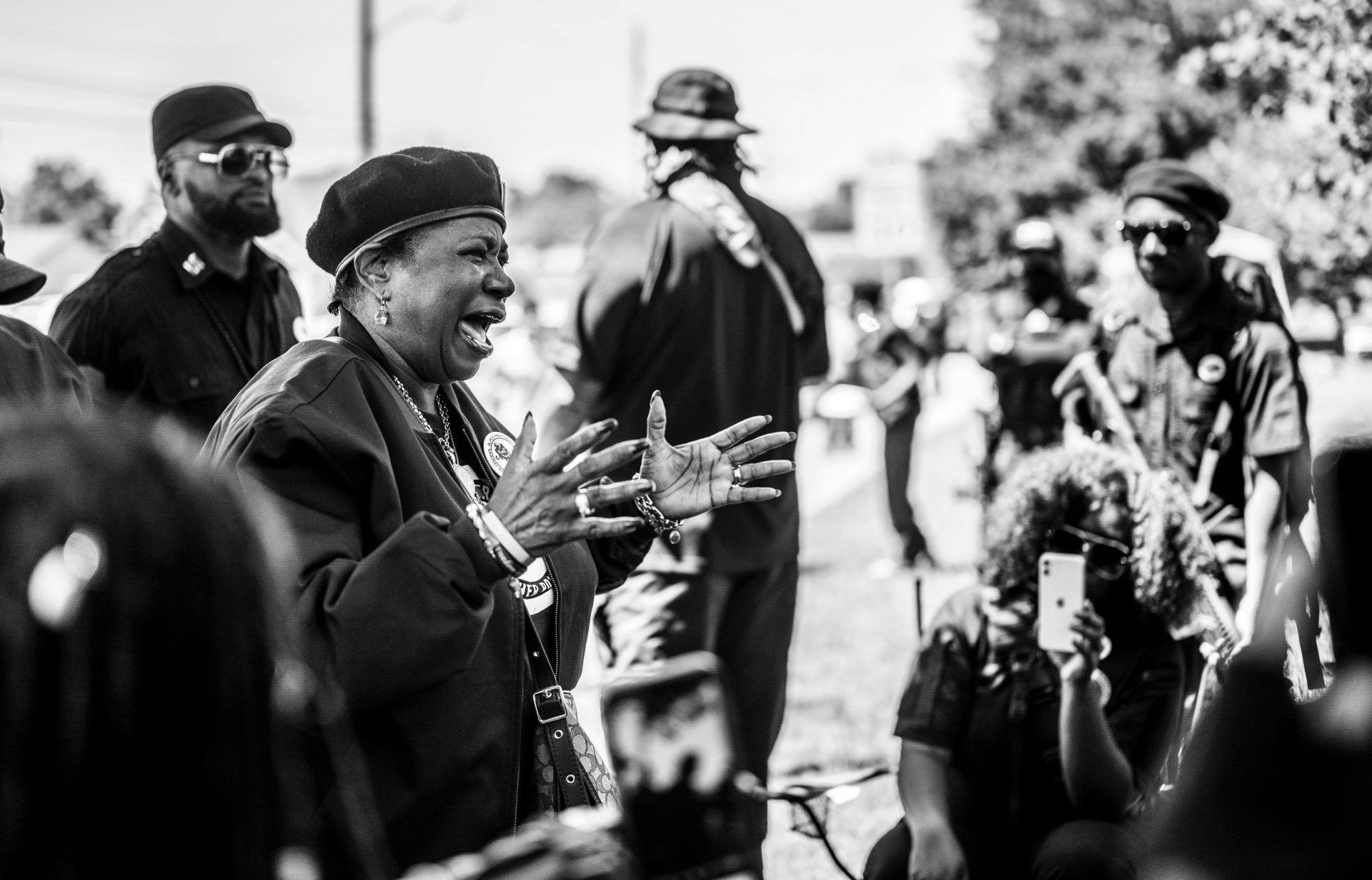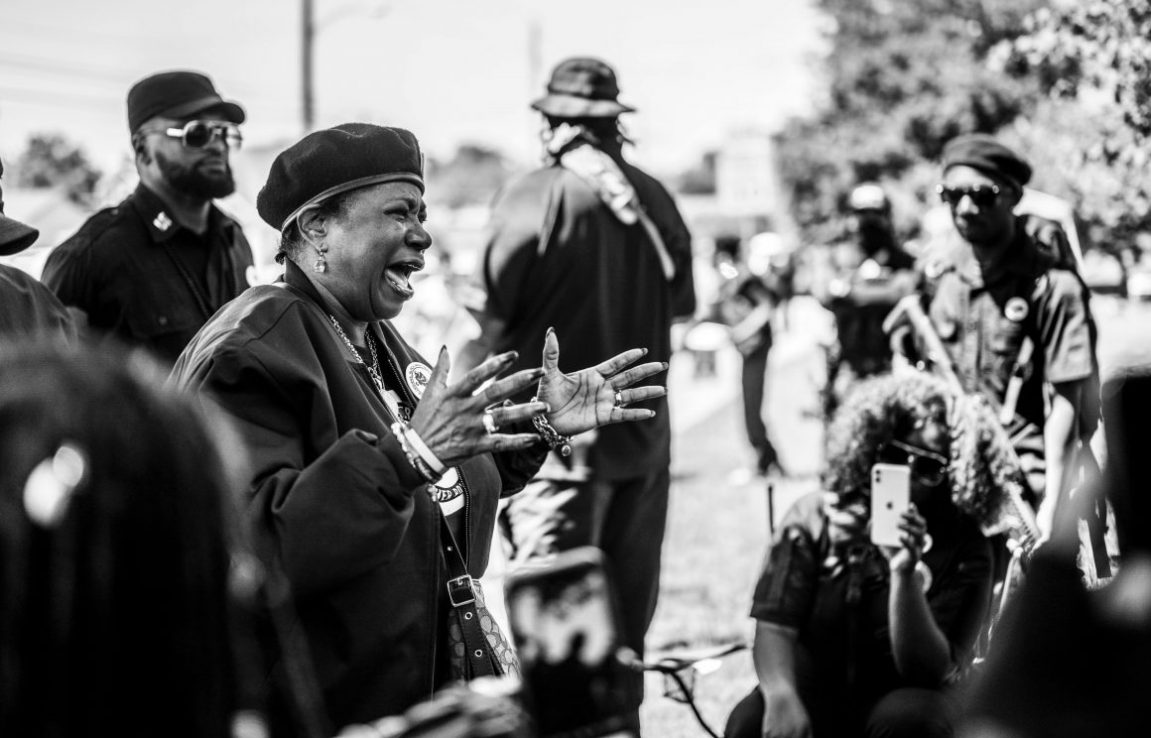Black Feminism, as an intellectual and political movement, emerged in the 1960s and 1970s in the USA, in response to the intersections of race, gender and class in the oppression of black women.
In the field of political philosophy, Black Feminism provides a critical analysis that highlights the multiple forms of oppression and marginalization experienced by black women. By examining power structures and systems of oppression, Black Feminism challenges the very foundations of traditional political philosophy, while proposing innovative perspectives on social justice and democracy.
The Intersections of Race, Gender and Class
A major contribution of Black Feminism to political philosophy lies in its highlighting of the complex intersections between race, gender and class. Unlike many political analyses, which treat these axes of oppression in isolation, Black Feminism recognizes their interconnectedness and mutual influence.
For example, black women face specific forms of violence and exploitation that result from the intertwining of misogynoir (misogyny directed specifically against black women) and institutional racism. By acknowledging these intersections, Black Feminism enriches political thought by offering a more nuanced understanding of social injustices and struggles for emancipation.
The Politics of Experience
Another significant contribution of Black Feminism to political philosophy is its valorization of the politics of experience. Rather than privileging abstract theoretical discourses, Black Feminism places primary importance on Black women’s lived experiences as a source of political knowledge.
This approach highlights knowledge and perspectives often marginalized in traditional political debates, while challenging the claim to universality of dominant political theories. By recognizing the diversity of experiences and lived realities, Black Feminism enriches democracy by promoting a more inclusive politics attentive to the needs of marginalized groups.
Black Feminism offers a valuable contribution to political philosophy by highlighting intersections of race, gender and class, as well as valuing the politics of experience. By challenging the foundations of traditional political thought and proposing alternative perspectives, Black Feminism broadens our understanding of social justice, democracy and citizenship. By integrating the voices and experiences of black women, Black Feminism enriches political debate and opens up new possibilities for building a more equitable and inclusive world.





























Follow us on Instagram